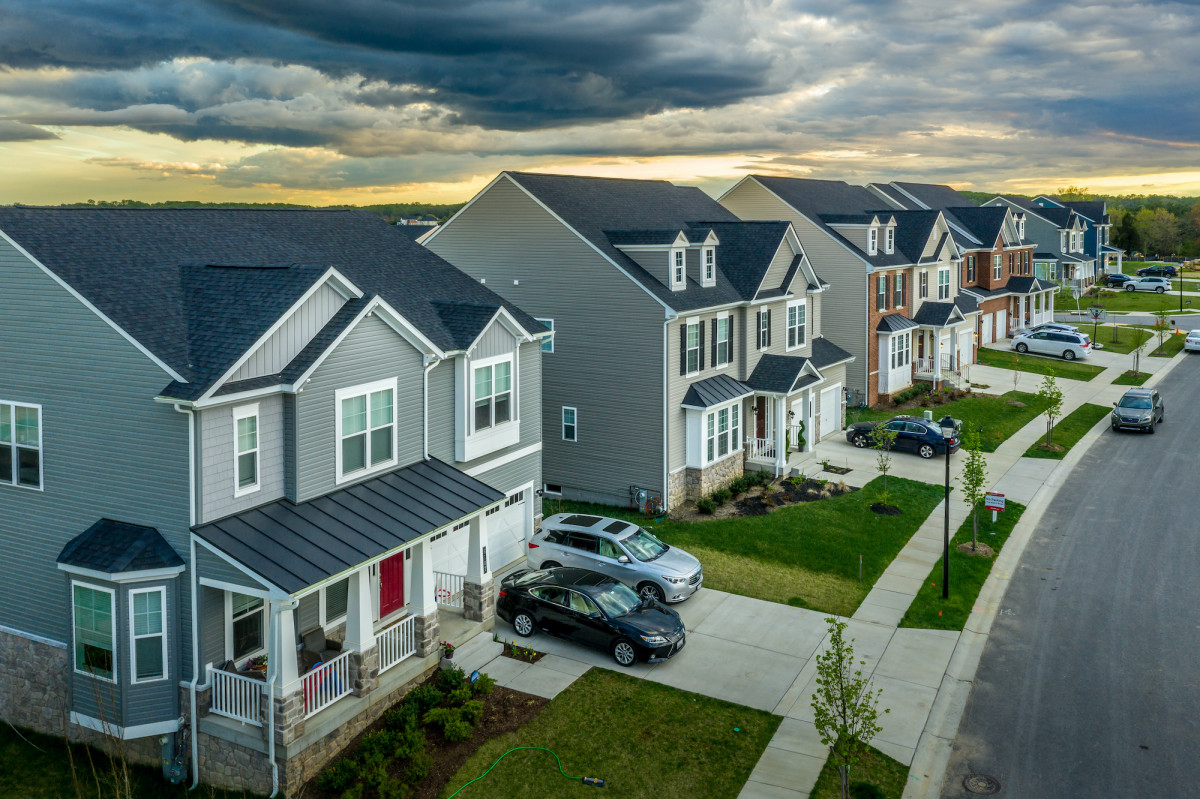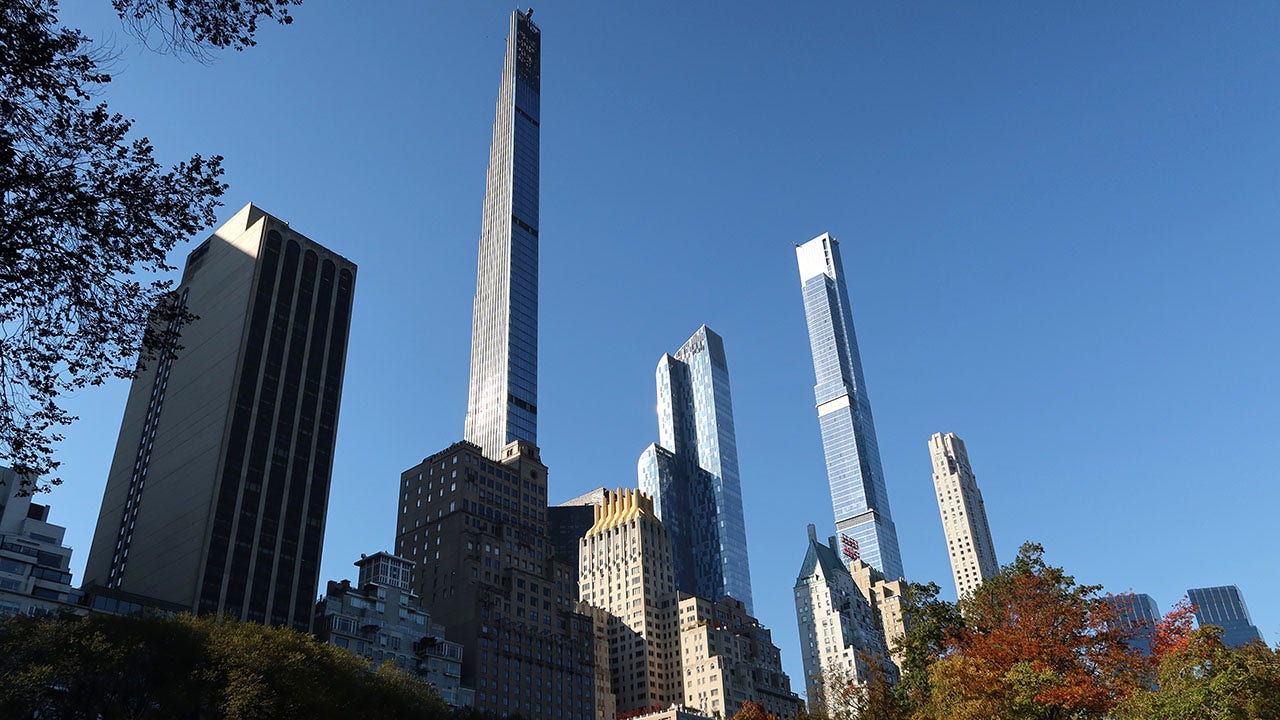Time to Worry That Real Estate Will Crash Like it Did in 2008?
It’s not a matter of “if” but a matter of “when” the housing will lose its luster, and residential real estate prices will decline.
In fact, evidence is emerging that the downward trend has already started.
“In the US, mortgage applications have fallen by 28% from their peak, new home sales are down by 17% and housing starts have dropped by 13%,” said Neil Shearing, chief economist at Capital Economics in a new research note. “A similar story is playing out in the UK, Canada, Australia, New Zealand, and Sweden.”
The fall is inevitable and the primary question now is how low prices will go for the real estate market.
“Central bankers giveth and central bankers taketh away,” Shearing said. “It was their low-interest rate policies which helped fuel an extraordinary – and extraordinarily global – rise in house prices. As a generational rise in inflation brings that low-rate era to a rapid close, our earlier warning that housing markets would prove most vulnerable to policy tightening is becoming a reality.”
While the shift in home prices is already underway, the current decline may not look like 2008, when the entire mortgage sector was in deep peril.
“The underlying drivers of the latest rise in prices are very different to those behind the surge in the mid-2000s,” Shearing said. “Back then, a bubble in house prices was inflated by a rapid expansion in mortgage debt that was facilitated by lax regulation and loose lending standards. When the bubble burst, homeowners found themselves in negative equity, and forced selling created a self-reinforcing downward spiral.”
There is also less leverage in today’s housing market, Shearing said.
“Household debt as a share of income increased sharply between 2000 and 2007, but dropped back during a period of post-crisis deleveraging and has been stable for the past few years,” he noted. “Meanwhile, regulation that was put in place after the last crisis means that banks are now in much better shape.”
No Talk of a Housing Bubble
Most real estate analysts agree that history won’t repeat itself and that 2022’s housing market slide will be nothing like 2008’s housing market.
“I don’t believe we are in a housing bubble,” said Shmuel Shayowitz, the chief lending officer at Approved Funding, in River Edge, N.J. “While the excessive surge in home appreciation is unsettling, much of it is a result of low inventory.”
Since the housing crash caused by the great recession of 2008, the supply of homes has never caught up with buyer demand, and The COVID pandemic only intensified an already low home inventory deficit.
Scroll to Continue
“I don’t think we’ll see a housing market crash as we are not experiencing the same conditions as we saw in 2005-2007,” Shayowitz noted. “The housing market is strong, and lending standards have been prudent over the past decade-plus.”
Moreover, many homes have substantial equity, Shayowitz said, which means homeowners will be able to sell their homes ‘for profit’ should they be forced to sell because of unfavorable economic or employment conditions.
“Furthermore, in reviewing statistics since 1954, only following the Great Recession of 2008 did home prices decline after a recession,” he added. “This is further support to remind people that not all recessions lead to housing crashes.”
Geography Plays a Role
Some U.S. locales should continue to see high demand for housing, so expect to see only moderate price shifts there.
“The widespread housing supply shock won’t be resolved anywhere overnight but we’ll see demand taper off in some markets,” said Craig Studnicky, CEO of ISG World, a real estate development services firm in Miami, Fla. “There has been a ton of migration into Sun Belt states from northern states and populations in Sun Belt states are booming.”
Real estate prices in those areas continue to appreciate and prices in northern states will plateau. “A lot of those people are drawn to states like Florida that don’t have income taxes,” Studnicky noted. “Remote work has fueled this even more.”
While the 2022 real estate market won’t remind anyone of the Great Recession, real estate buyers and owners should stay on their toes.
“We are headed into a recession, which means a few things: unemployment will go up, there will be fewer buyers in the market, and it could mean that we will start to see prices settle in various parts of the United States,” Studnicky said. “We are already experiencing fewer buyers in the market because mortgage rates went up.”
With fewer buyers, at minimum, properties will remain on the market for longer and that will likely lead to lower home prices.
“Last year, the average days on the market was less than 30 days,” Studnicky said. “This year, it’s becoming more like 90 days on the market. If we tip into a recession, that could turn into 120 days to six months. A recession will slow everything down.”
Studnicky also expects mortgage rates to stabilize later in the year.
“Right now, a fixed-rate loan costs about 6.2%,” he said. “In fact, mortgage rates could even settle down by the end of the year to something between 5% and 6%.”



